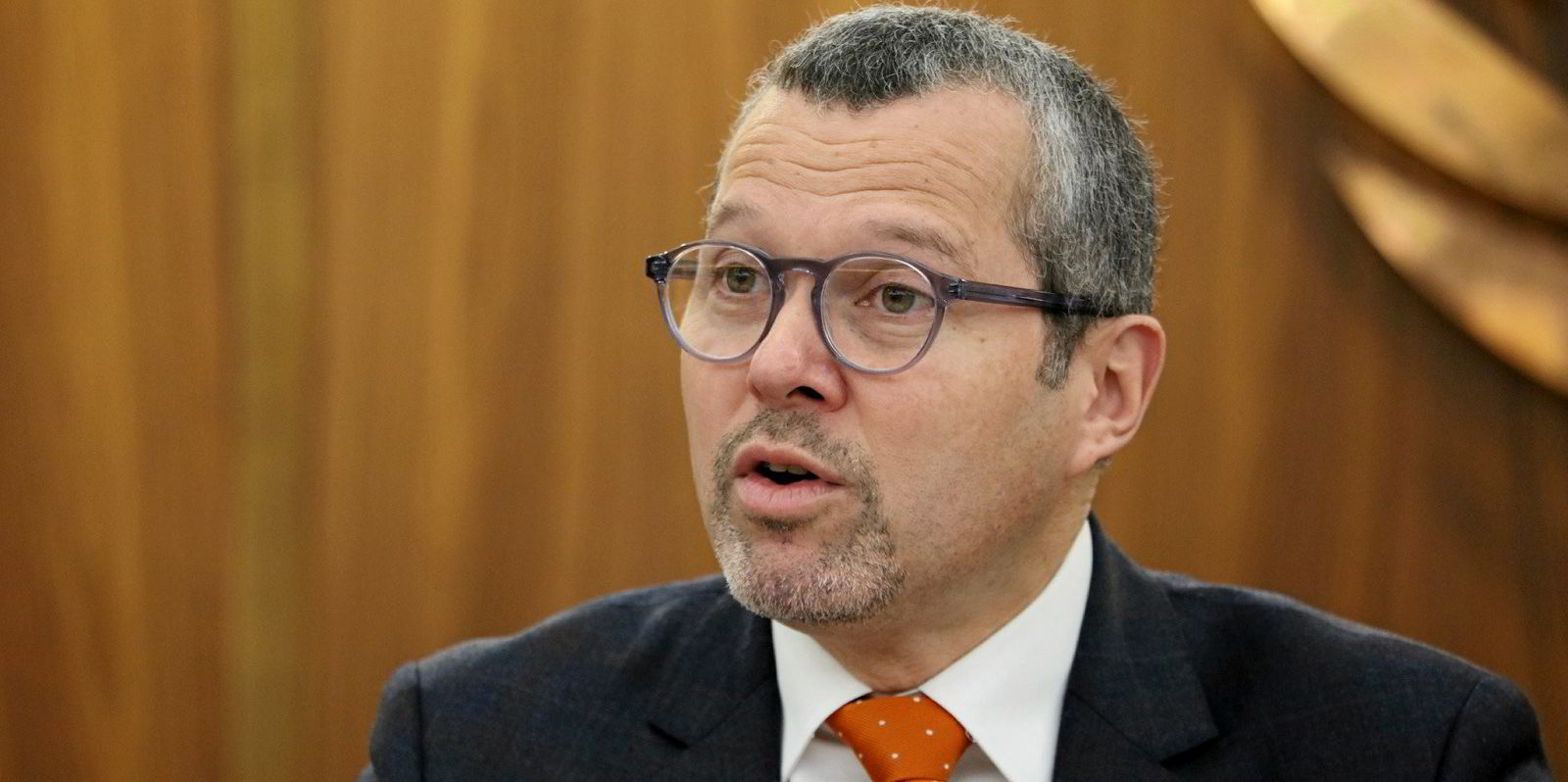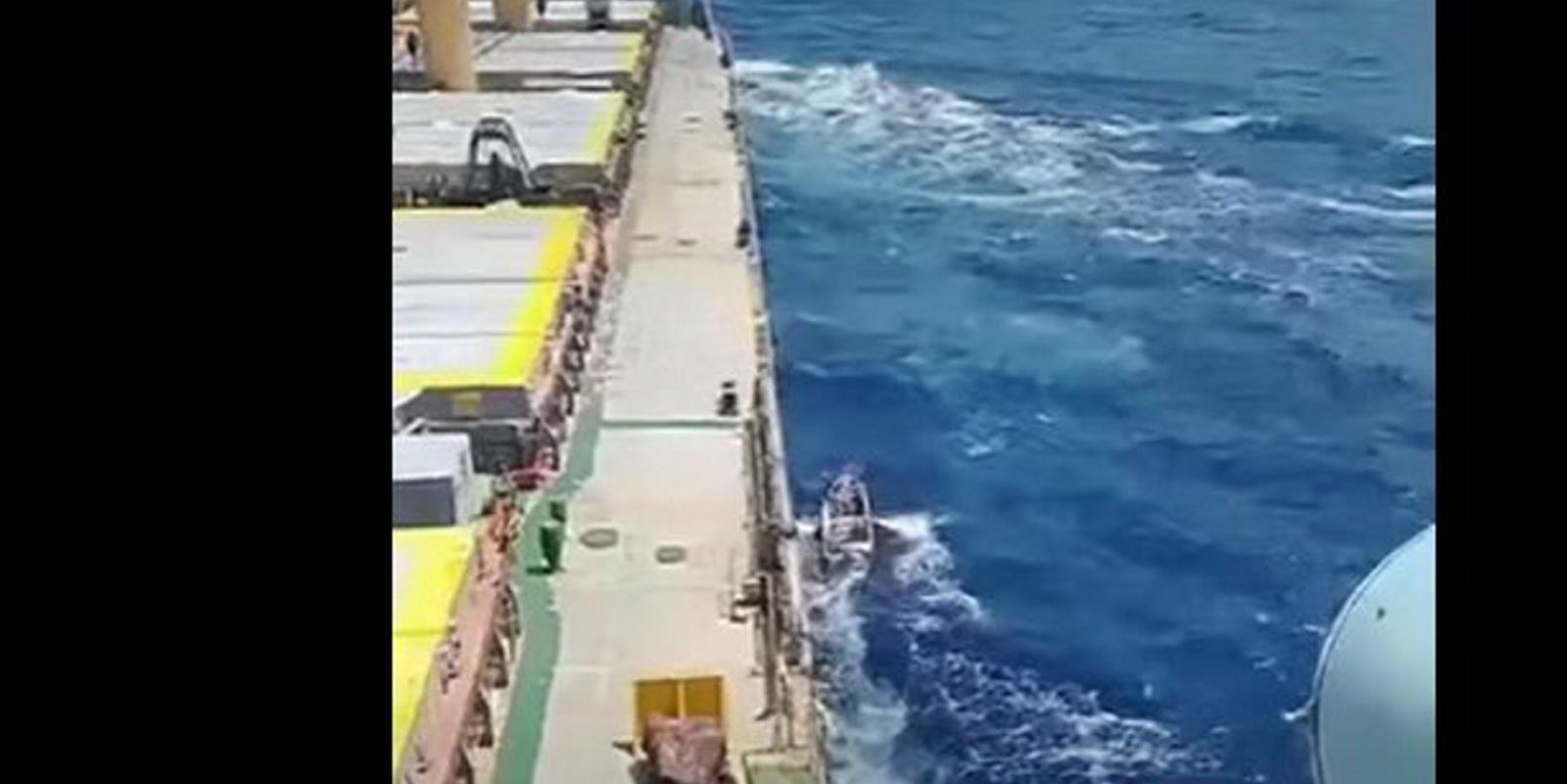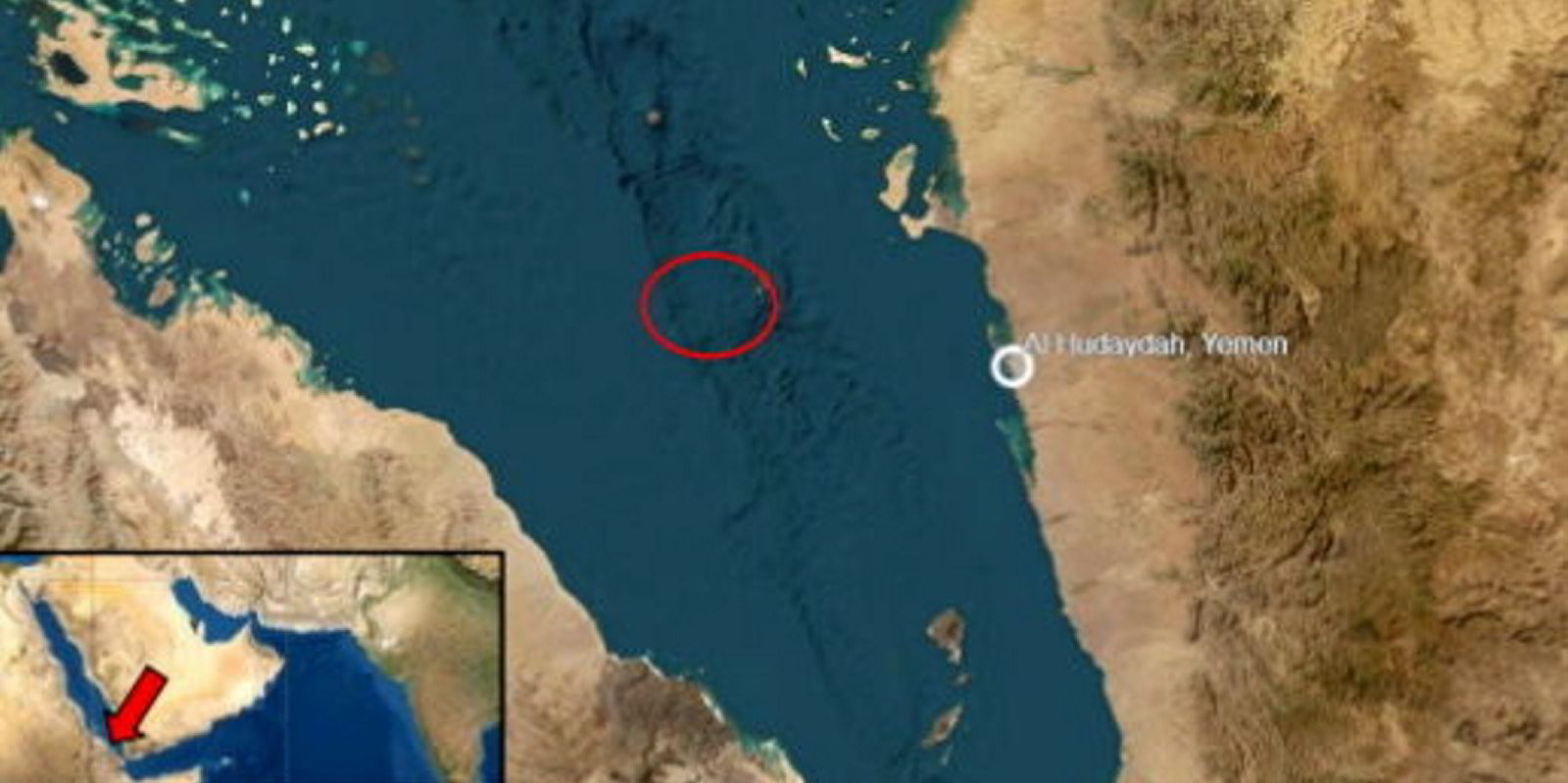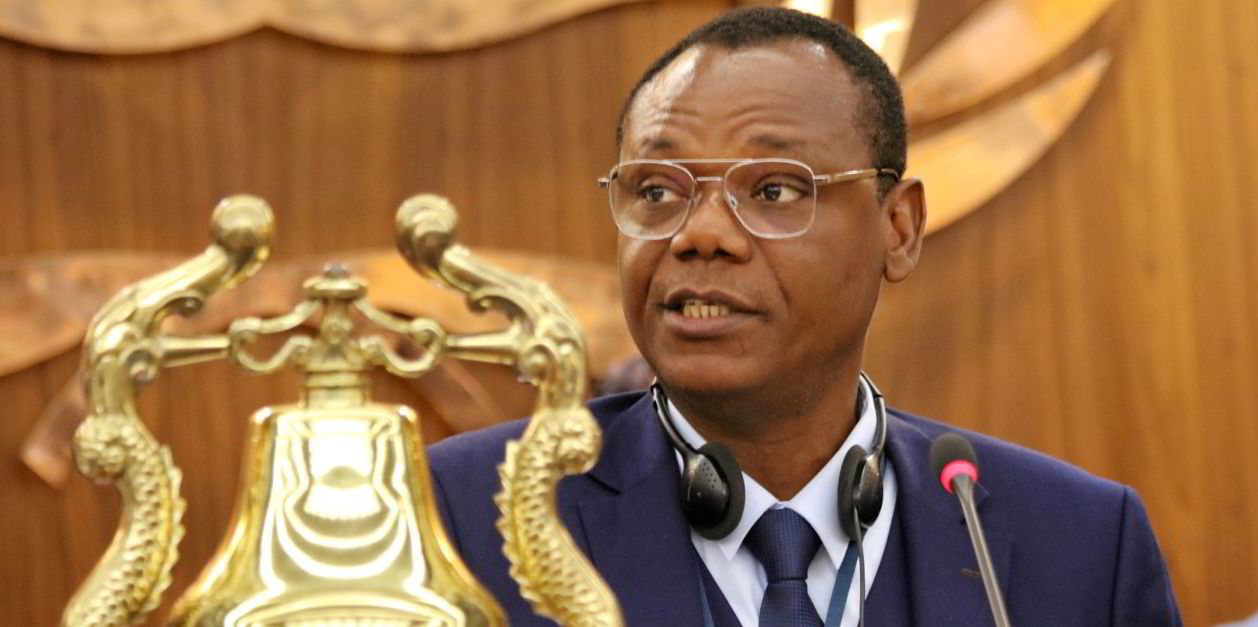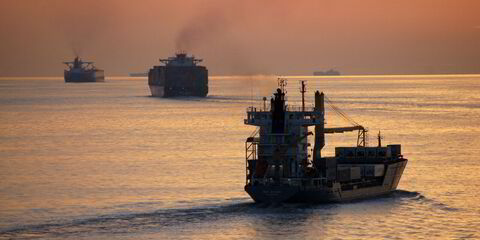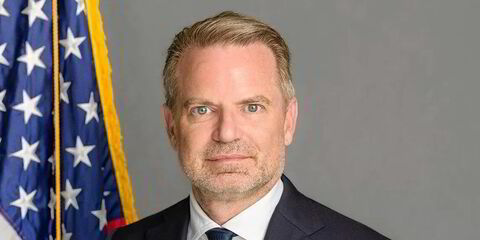International Maritime Organization secretary general Arsenio Dominguez used his opening speech at the Marine Environment Protection Committee to condemn the Red Sea attacks on shipping.
Speaking in Spanish, Dominguez said the situation remains “categorically unacceptable”.
“I would like to express my deepest condolences to the families of the victims of the attack on the vessel True Confidence,” he said.
Three people were killed in a missile attack on 50,448-dwt bulker True Confidence (built 2011) earlier this month. The fatalities were the first in the ongoing assault on shipping by Yemen’s Houthi rebels, who claim to be supporting Hamas in its war against Israel.
The True Confidence attack came as the 32,000-dwt bulker Rubymar (built 1997) sank after being hit by missiles.
“The pollution caused by the sinking of the Rubymar after it was attacked is a further example of the negative and unnecessary effects of this kind of action,” Dominguez said.
“And while we strive hard to reduce emissions from international shipping, ships are being forced to sail longer routes, thus increasing emissions in order to guarantee the safety of seafarers and to maintain the global distribution of essential goods to the benefit of the entire world.”
Dominguez also noted that the Filipino crew of the 5,100-ceu Galaxy Leader (built 2002) have now been held captive for four months since the car carrier was attacked in November.
US news network CNN reported last week that hope of the crew’s release is fading. It quoted Houthi leaders saying they had handed the vessel and crew over to Hamas.
Dominguez said the situation in the Red Sea has been complicated by the re-emergence of attacks by Somali pirates.
Some 23 Bangladeshi crew members of the hijacked 58,000-dwt Abdullah (built 2015) are being held captive.
However, Dominguez congratulated the Indian Navy in its efforts to free the 41,600-dwt Ruen (built 2016) and its 17 crew members which had been held captive since December.
The week-long MEPC meeting is expected to continue to work on finding agreement on the maritime industry’s decarbonisation strategy following a week-long intersession meeting last week.
This includes the so-called candidate midterm measures and defining the life cycle considerations of fuels.
Other topics under discussion include work on plastic pollution, effluents from exhaust gas cleaning systems, the issues with the carbon intensity indicator, methane slip and the addition of new emission control areas.(Copyright)

